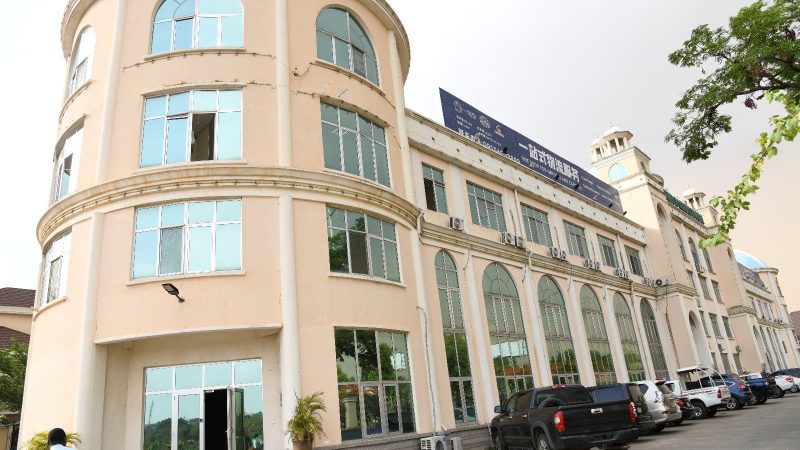
By Chioma Obinagwam
As investors in the equities market continue to jostle for the most lucrative stocks in the current week, analysts are quite pessimistic about the position the Nigerian Stock Exchange (NSE) All-Share Index would assume.
Confiance News gathered that their forecast is not unconnected with the absence of positive stimuli in the economy to trigger a positive trend.
According to analysts at Afrinvest, leading independent investment banking firm with a focus on West Africa, “In the coming week, we expect the index to continue to wander within the negative territory. But why are we pessimistic? All indicators strongly suggest there are no possible triggers to herald a rebound in the near term.”
The NSE All-Share Index, which is a a series of numbers which shows the changing average value of the share prices of all companies on the NSE, also used as a measure of how well the market is performing, had shed 1.38 percent to settle at 27,146.57 in the week ended September 6, 2019.
Market Capitalization of listed equities on the NSE was not spared either as it dipped 1.38 per cent lower to close at N13.207 trillion.
Sadly, the index had already recorded a year to date loss of 13.63 percent.
Corroborating, Cordros Capital, a leading financial services group in African Markets with a reputation for wealth creation, said, “Over the coming week, we expect the market to remain pressured given global risk-off sentiments and weak domestic participation.”
More so, recent data released by the National Bureau of Statistics (NBS) buttress their claims.
The data showed that economic performance was weaker than expected in the second quarter (Q2) of 2019, as Q2, 2019 Gross Domestic Product (GDP) grew by 1.94 percent Year on Year ( y/y) compared to 2.10 percent y/y in first quarter 2019 (Q1-19) due to slow growth in the non-oil sector.
Again, capital importation data released by the NBS showed that inflows into the country declined by 31.4 percent quarter on quarter (q/q).
Also, Foreign Direct Investment (FDI) inflows remained weak, after declining by 14.7 percent y/y to $466.25 million.
Foreign Portfolio Investment (FPI) inflows followed the same pattern, declining significantly by 39.9 percent q/q.

Should investors dump equities?
Analysts advise that this is the right time for investors to take position in fundamentally viable stocks.
Although short term investors need to thread cautiously, it is not entirely a loss loss game, says analysts at Cordros. Long term investors can still take the plunge as the gains derived afterwards may be worth it.
“Nonetheless, we note that valuations remain attractive, while price deteriorations have resulted in expected dividend yields on some stocks rising significantly. Hence, we advise long-term investors to consider taking positions in such fundamentally justified equities, while short-term investors should tread the cautious trading path,” analysts at Cordros advised.

Advice for authorities
It is quite noteworthy that Nigeria’s Securities and Exchange Commission (SEC) has been doing quite a lot to boost investors’ confidence in the capital market.
Nevertheless, SEC’s efforts need to be complimented by that of the Nigerian government along with the fiscal and monetary authorities if a rebound of the market is to be achieved.





